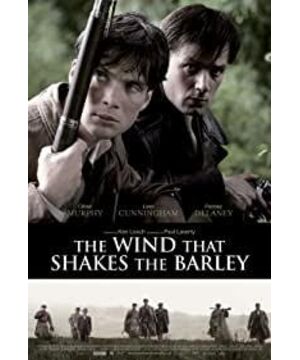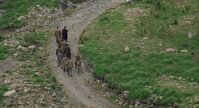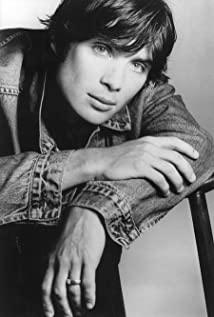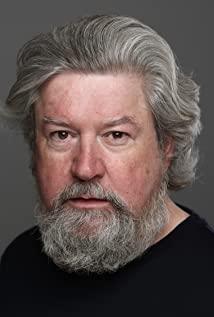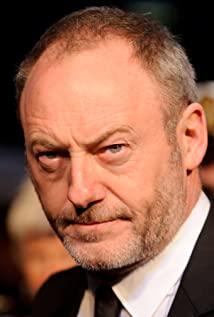Director: Ken Lodge
Starring : Liam Cunningham, Padraic Delaney, Cillian Murphy
Country:
Ireland Duration: 2 hours 04 minutes Year
: 2006
Award : If you don't watch the second half of the Palme d'Or at the Cannes Film Festival
, the film is flat, like a war movie with a mask, but the second half releases the previous momentum all at once, making the film's connotation suddenly full. The suffering brought about by the war is infiltrated with intense sadness.
People who yearn for freedom do not know that the ideal of holding on to freedom is not only shot by the colonizers, but also by their own country. Even more unexpected, for the sake of the country, he would shoot his childhood friend; for the sake of the country, he would be shot to death by his own brother.
Perhaps there are just a few forms of war, such as wars, arrests, mutiny, internal conflicts... But the meaning of the film's narrative is not about suffering on the level, nor is it concerned with political issues, but ethical issues, and it is the issue of politics modifying ethics : When ism and revolution became our ideals, man was already like a clockwork machine without freedom of choice. Damian wrote in his suicide note: In fact, I don't want to be involved in this war, but I can't quit now. In the end, persistence became the reason why he had to persist. He had to choose to be killed by his brother. He couldn't forget that over his soul hung the eyes of his comrade who was killed by his own hands... I suddenly understood why the Cultural Revolution was different. Lovers in the camp will also shoot each other, what is the tragedy? war? politics? revolution? ideal? Or human nature itself? There is no answer.
I think I'm going to degenerate into a total individualist with this film, and all the blood-guzzling isms and revolutions will make me seriously weak, and the public will for the country and the people can no longer invade my personal will. I would rather be bullied and shot by the enemy like a dog than fight and resist for the people, so that at least I won't be able to point the gun at my conscience, or at least not have to face hard ethical choices. But when a real war comes, resistance may be involuntary. How much freedom do we have to maintain our own will when the universal disaster of mankind strikes?
In fact, the film tells not only this, but also fate, reincarnation, forbearance and helplessness...
After watching this film, I just want to say, fuck politics, fuck revolution, fuck war, fuck him Damn this world...
View more about The Wind that Shakes the Barley reviews


